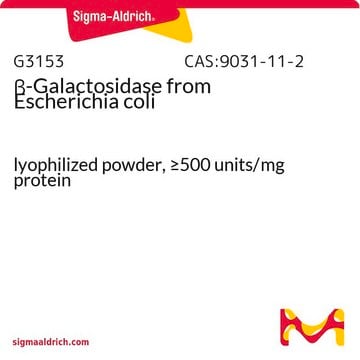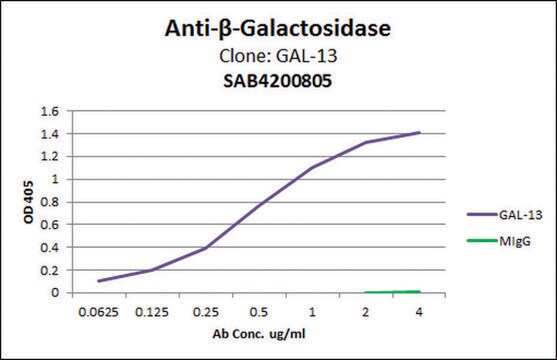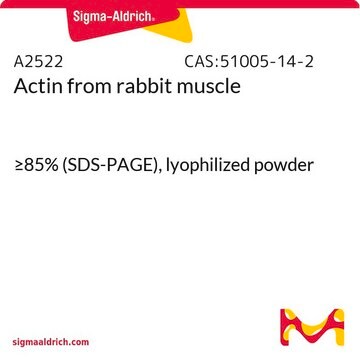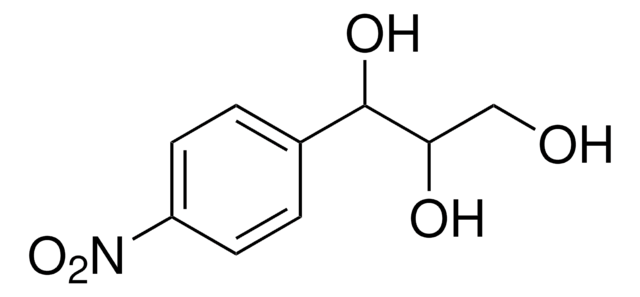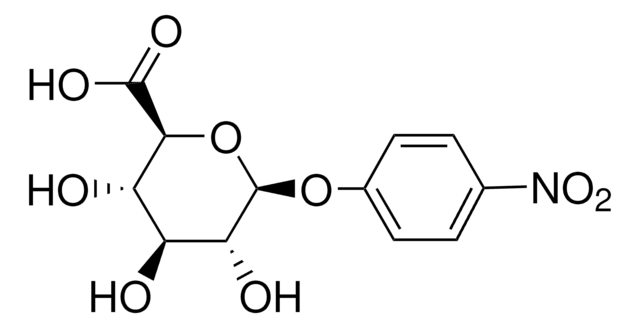G8021
Monoclonal Anti-β-Galactosidase antibody produced in mouse
clone GAL-13, ascites fluid
Synonym(s):
Monoclonal Anti-β-Galactosidase
About This Item
Recommended Products
biological source
mouse
Quality Level
conjugate
unconjugated
antibody form
ascites fluid
antibody product type
primary antibodies
clone
GAL-13, monoclonal
contains
15 mM sodium azide
species reactivity
bacteria
technique(s)
dot blot: suitable using soluble β-galactosidase
immunocytochemistry: suitable
indirect ELISA: 1:2,000 using mouse primary antibody, bridging antibody and Escherichia coli β-galactosidase
isotype
IgG1
shipped in
dry ice
storage temp.
−20°C
target post-translational modification
unmodified
Gene Information
Escherichia coli ... lacZ(1036228) , lacZ(1036228)
Escherichia coli K12 ... Lacz(945006)
Looking for similar products? Visit Product Comparison Guide
General description
Specificity
Immunogen
Application
- immunostaining and histochemistry
- immunostaining and microscopy
- immunohistochemistry
- immunofluorescence staining
- enzyme linked immunosorbent assay(ELISA)
- immuno dot blot
Biochem/physiol Actions
Disclaimer
Not finding the right product?
Try our Product Selector Tool.
Storage Class Code
10 - Combustible liquids
WGK
nwg
Flash Point(F)
Not applicable
Flash Point(C)
Not applicable
Certificates of Analysis (COA)
Search for Certificates of Analysis (COA) by entering the products Lot/Batch Number. Lot and Batch Numbers can be found on a product’s label following the words ‘Lot’ or ‘Batch’.
Already Own This Product?
Find documentation for the products that you have recently purchased in the Document Library.
Customers Also Viewed
Our team of scientists has experience in all areas of research including Life Science, Material Science, Chemical Synthesis, Chromatography, Analytical and many others.
Contact Technical Service
